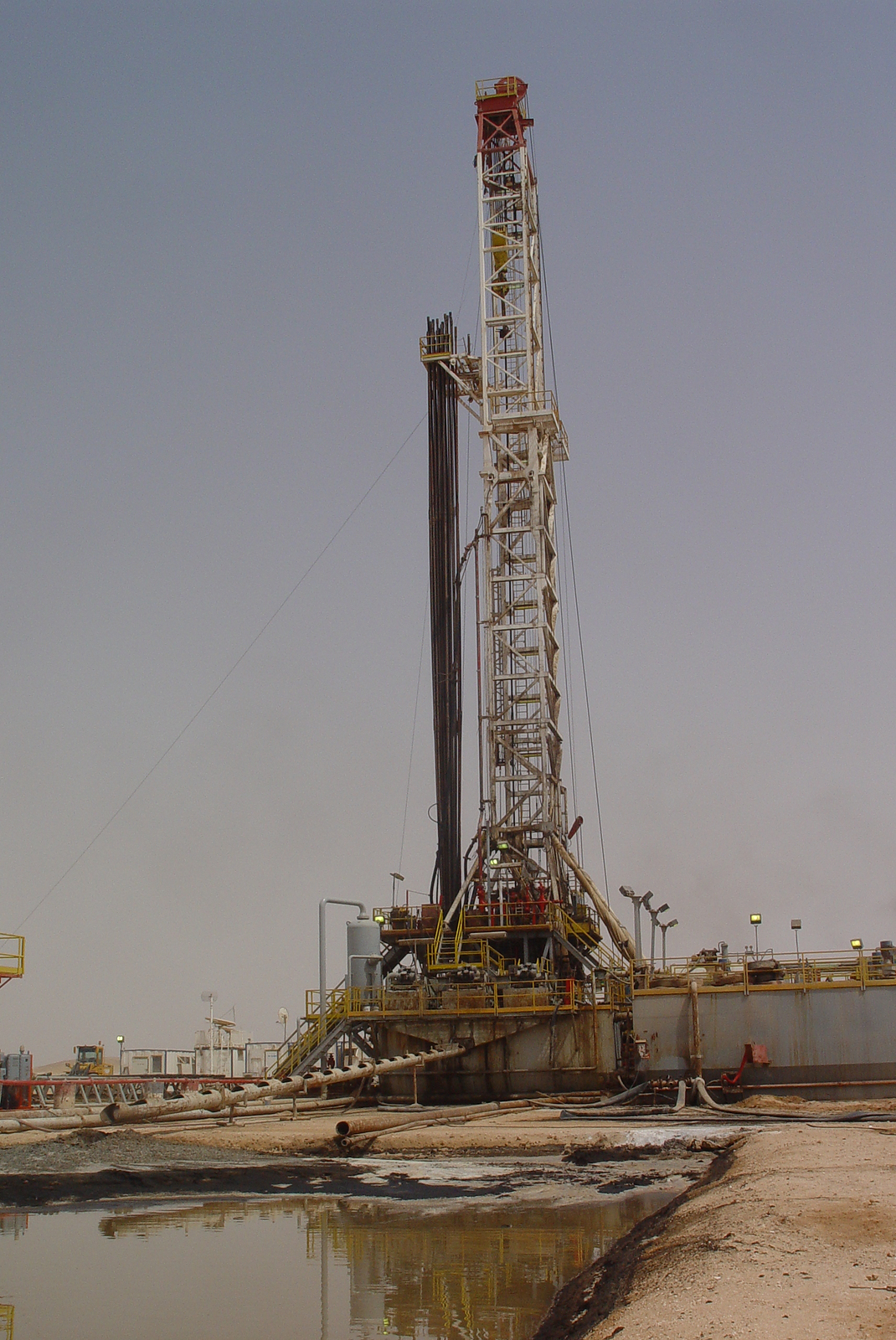Germany’s Environment Agency Calls for an End to Fracking
Just last week, the Federal Environment Agency released a 600+ page report giving a detailed outline of the many risks involved in fracking.
By Geert Decock

How far do you need to sit from the halls of power to not be influenced by constant lobbying and spin from Big Oil & Gas? The correct answer may be surprising: 1.5 hours exactly. How so? That is how long it takes to drive from the office of German Chancellor Angela Merkel in central Berlin to the Federal Environment Agency of Germany in Desslau-Rosslau, southwest of Berlin.
Just last week, the Federal Environment Agency released a 600+ page report giving a detailed outline of the many risks involved in fracking. This research led its president Maria Krautzberger to this conclusion (translated from German): “Fracking is and remains a risky technology and therefore requires considerable limits to protect the environment and health. As long as the significant risks involved in this technology cannot yet be predicted with certainty and controlled, there should be no fracking in Germany to extract shale gas and coalbed methane.”
Her warning stands in sharp contrast with the approach of other European governments, e.g. in the UK and Poland, who have put large swaths of their territory up for grabs for shale gas exploration companies. Given the serious water-related risks of fracking, the German Federal Environment Agency states clearly that a lot of areas should be exempted from fracking: drinking water protection zones, spa areas, nature reserves and the catchment areas of lakes and reservoirs.
The report of the Federal Environment Agency also clearly confirms something that anti-fracking campaigners have been saying for years, namely that the treatment of the flowback from shale gas wells remains an unresolved issue. (Flowback is the liquid that flows back to the surface when a well is fracked.) The flowback contains heavy metals and aromatic hydrocarbons like benzene. Sometimes, radioactive materials can also flow to the surface. Again, president Maria Krautzberger: “No company has been able to offer a concept for the sustainable water treatment of flowback from fracking operations”.
What about industry’s oft repeated talking point that natural gas can be a transition fuel to a zero-carbon power generation? Again, the German Federal Environment Agency begs to differ with those who link shale gas and the fight against climate change: “The fracking technology is not a miracle cure for climate protection that can make the transition to renewable energies easier. It would be better, if our country would concentrate on forms of energy that are demonstrably better for the environment, such as renewable energies”.
The Germans are well known for their ‘Gründlichkeit’, or thoroughness. If their environment agency makes such strong claims about the risks of fracking after a couple of years of research, we better take their findings seriously!


